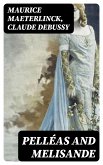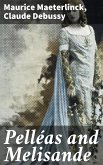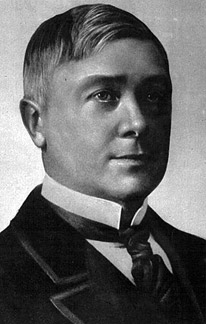This is a book based on Maurice Polydore's play. From 1932, Marie Bernard Maeterlinck was known as Count Maeterlinck. He was a Fleming-born Belgian dramatist, poet, and writer who wrote in French. Charles Alfred Byrne has translated this work. The narrative begins when Golaud discovers Mélisande on the side of a wooded river. He had lost his crown in the ocean but refused to retrieve it. They married, and he soon gained the heart of Arkl, Golaud's grandpa and sick King of Allemonde. He becomes interested in Pelleas, Golaud's brother. They came together by the fountain, where Mélisande had misplaced her wedding ring. Golaud grows suspicious of the lovers, has his son Yniold spy on them, and tracks them down when they are petting, where he murders Pelléas and injures Mélisande. She died later after giving birth to an odd baby girl.
Dieser Download kann aus rechtlichen Gründen nur mit Rechnungsadresse in A, B, BG, CY, CZ, D, DK, EW, E, FIN, F, GR, H, IRL, I, LT, L, LR, M, NL, PL, P, R, S, SLO, SK ausgeliefert werden.










